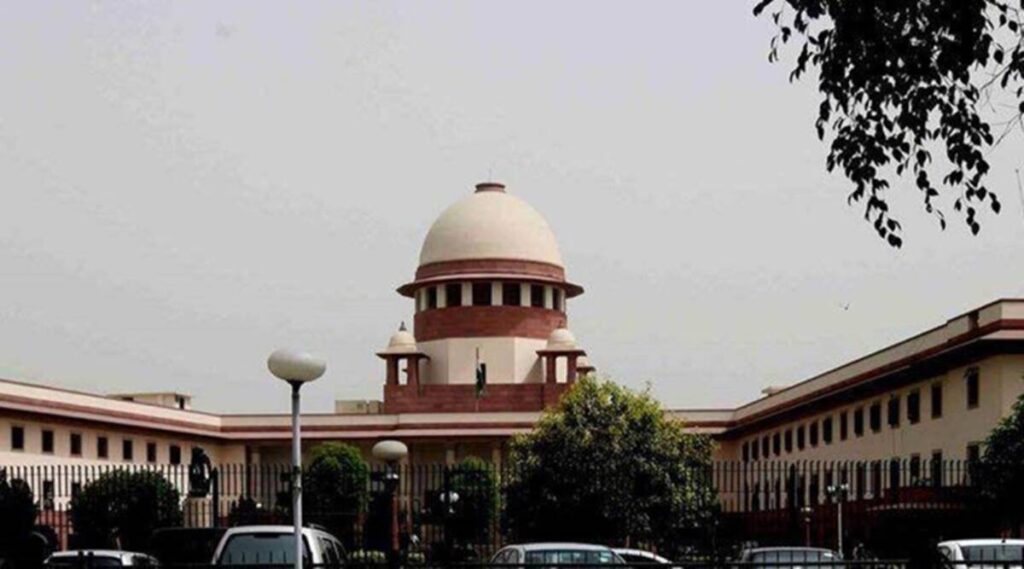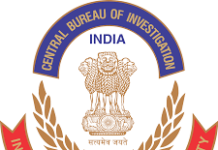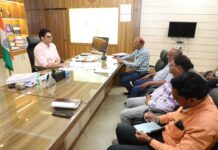
The Supreme Court turned down a request for an investigation into the alleged “toolkit,” dismissing it as political propaganda that can be ignored by those who disagree with it.
“This is part of political chaff, the political propaganda of a political party. If you do not like the toolkit, ignore it,” observed a bench of Justices DY Chandrachud and MR Shah, declining to entertain a petition filed by a lawyer, Shashank Shekhar Jha.
The controversy over a toolkit, which is essentially a media outreach and social campaign document, began in May when Bharatiya Janata Party leaders tweeted a copy of the document, which the party claimed was prepared by the Congress to create a biassed narrative against the Narendra Modi government for its handling of Covid and the Central Vista project. The toolkit, according to the Congress, was forged.
Jha wanted a federal investigative agency, such as the National Investigation Agency (NIA), to look into the role of Congress and see if the release of the alleged toolkit constituted sedition, criminal conspiracy, or violations of the Unlawful Activities Prevention Act. The petition asked the Election Commission to suspend Congress’ registration if the charges were proven.
Jha also requested that the Supreme Court prohibit political parties from erecting hoardings that portray the country or government in a negative light, prohibit the use of images of funerals, dead bodies, and single out one religion for the spread of the coronav.
“India is a democracy. Such kind of general orders cannot be passed. People who are aggrieved have other remedies (to lodge criminal cases) under law,” observed the bench. Jha eventually withdrew the petition.
“These are general directions you are seeking. The time of the Supreme Court is taken away by these frivolous petitions. You come with some specific case,” the bench said, referring to Jha’s request to pass a general order that barred hoardings that affect the image of India or the Prime Minister.






